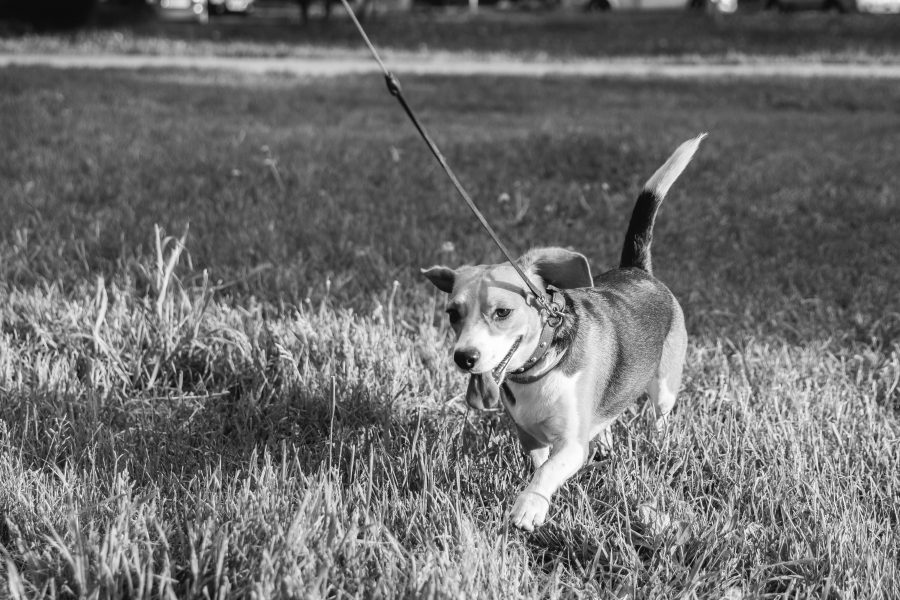My world: June 2021…
This is part of a series of articles where our contributors describe how they think things will look a year from now.
As each day blends into the next and each week feels much the same as the last, I recall an old cartoon, depicting two bearded and disheveled prisoners, chained hand and foot against a wall. One says to the other: “I keep thinking it’s Tuesday”. If life seems increasingly repetitive and I begin to wonder if those work shirts will ever be needed again, I remind myself that I am immensely grateful to be at home – which is comfortable and spacious – with an open outlook and rolling countryside and to have a business that does not require me to travel.
My closest brush with Covid-19 was that weird week in March, just before Europeans were banned from travelling to the US, and I watched New York City start to empty out. I spent my last evening listening to a cello and piano recital at Carnegie Hall. The Rachmaninoff was suitably doleful, matching the mood of both Wall Street and Main Street. I will remember the private lunch in what should have been a popular, vibrant restaurant, but on Friday 13thMarch, was strangely sparse with voluntary social distancing already apparent.
Those first few weeks of lockdown were full of calls and frenzied attempts to come to terms with our changed circumstances. Once it became clear that there was no need to man our small office in Bedfordshire, there was a sense of release that working from home was not bunking off but, rather, the model of social responsibility. Our household self-isolated for a couple of weeks as a precaution, but it turned out that the pestilence had not pierced our defences.
Next up were the logistical and technical challenges of webinars and video calls, but worse was to follow. My regular gig at Cardiff Business School was cancelled, of course, but could I record videos of my 4 hours of lectures? Happily, there was in-house expertise available and another hurdle was overcome. How much of this new way of working will carry forward?
Not too much, is my hope. The joy of a long career is to connect regularly, but infrequently, with dozens and dozens of friends and business acquaintances. Sometimes over a meal, sometimes as a group, sometimes over a drink, sometimes by chance in the street. I surmise that there will be many fewer of those opportunities even a year from now, as folks undertake mental risk assessments of their daily routines. I envisage a working life with fewer journeys, fewer flights and less travel-related stress. But to leave behind a world of planned and random social interaction, in fear of microbial attack, would constitute a grievous loss.
My predictions for June 2021:
UK in recession: No
Sterling vs US$: Lower
Sterling vs Euro: Lower
UK base rate: Lower
UK RPI: Higher
Halifax UK house price Index: Lower (than today)
US President: Biden
UK/EU Trade Deal: No
UK/ USA Trade Deal: No
When this is all over I will finally… buy a dog.








